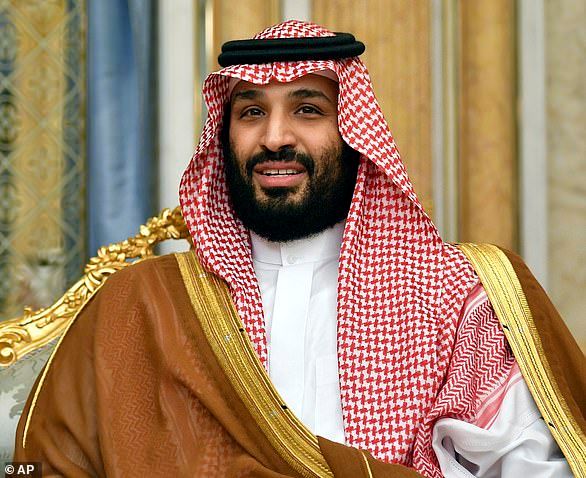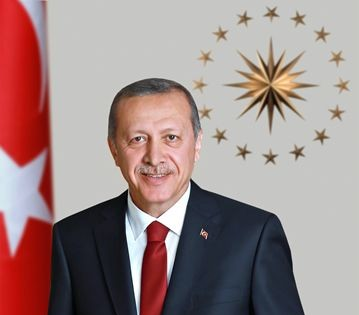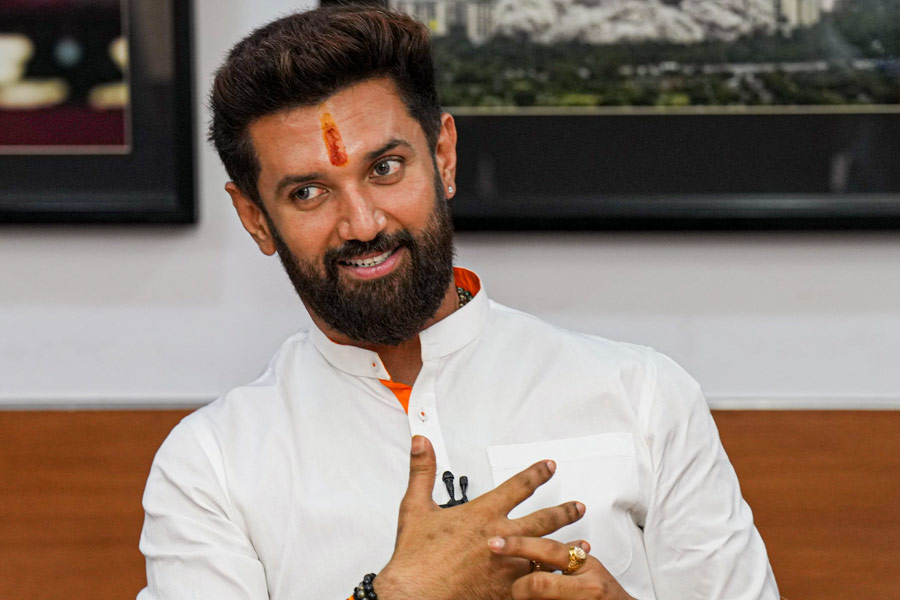Turkey, India and Middle East Responses
The recent Pahalgam terror attack in Jammu and Kashmir, claiming 26 lives, has intensified India-Pakistan tensions, prompting global concern, especially from Middle Eastern countries. Many believe nations like Saudi Arabia, Qatar, UAE, Turkey, and Iran back Pakistan due to religious ties, but their diplomatic responses reveal a focus on regional stability and geopolitics. Their official stances on the Kashmir conflict, unpacking Middle East reactions to India-Pakistan tensions exploring how these nations advocate for restraint and diplomacy.

Saudi Arabia’s Call for Diplomacy
Saudi Arabia expressed deep concern over the rising tensions between India and Pakistan following the deadly Pahalgam terror attack in Jammu and Kashmir, which claimed 26 lives. The Saudi Ministry of Foreign Affairs urged both nations to de-escalate and resolve their disputes through diplomatic channels. Emphasizing regional stability and good neighborliness, Saudi Arabia’s statement reflects its interest in maintaining peace in South Asia, especially as India holds high-level security meetings to address the attack.
Qatar’s Push for Restraint
Qatar voiced profound apprehension about the escalating conflict and called for both India and Pakistan to exercise maximum restraint. The Qatari Ministry of Foreign Affairs stressed the importance of dialogue as the best approach to resolving crises. By supporting efforts to reduce tensions and advocating for diplomatic solutions, Qatar aligns with the broader Gulf region’s focus on preventing further instability in the India-Pakistan border region.
UAE and Gulf Nations’ Unified Stance
The United Arab Emirates, alongside other Gulf countries, expressed deep concern over the increasing hostilities. The UAE’s Ministry of Foreign Affairs urged both nations to avoid escalation and pursue diplomatic resolutions. This position mirrors the Gulf Cooperation Council’s collective emphasis on regional stability, as continued conflict could disrupt economic and geopolitical interests in South Asia, a region critical to Gulf nations’ trade and energy concerns.

Turkey’s Balanced Approach
Turkish President Recep Tayyip Erdogan called for restraint from both India and Pakistan, emphasizing the need to avoid new conflicts in the region. While Turkey has historically supported Pakistan on the Kashmir issue, Erdogan’s recent statement focused on peaceful resolution and denied claims of Turkey supplying weapons to Pakistan. Clarifying that Turkish aircraft in Pakistan were only refueling, Turkey’s stance reflects a cautious effort to promote de-escalation while maintaining its regional influence.
In navigating the India-Pakistan conflict sparked by the Pahalgam terror attack, Middle Eastern responses reveal a surprising commitment to diplomacy over division. Saudi Arabia, Qatar, and the UAE champion restraint and dialogue, staying neutral despite expectations of bias. Turkey, while historically tied to Pakistan on Kashmir, urges de-escalation and refutes military involvement. Iran remains notably reserved, prioritizing geopolitics over ideology. These Muslim-majority nations collectively push for peace, proving diplomatic channels can outshine conflict.





















